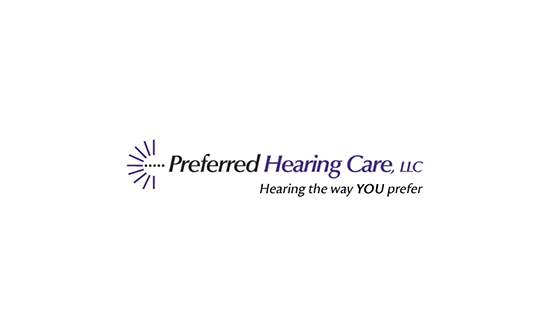The Importance of Early Intervention
As we grow older, hearing loss may become evident. Unfortunately people often deny the extent of their hearing problems. On average, people tend to wait five to seven years between first experiencing hearing loss and actually getting help for it. They think it’s not a big problem… They find ways to cope, often unsuccessfully… They don’t want to spend the money… They may not want to admit having a problem they associate with aging.
But research shows there are good reasons to seek hearing loss treatment sooner rather than later. People with uncorrected hearing loss report feelings of being anxious, depressed, paranoid, angry and insecure. They miss important information at work and find themselves isolated from family and friends. Untreated hearing loss diminishes the quality of life everyone wants to enjoy.
Boomers Start Early, Get Help Early
Our parents warned us about rock music, and they may have been right! By and large, baby boomers have been exposed to a louder lifestyle than previous generations. Concerts, stereos, headphones, traffic, and power equipment–add up to a modern world producing noise levels capable of causing early hearing damage. In recent years, hearing care professionals report an upswing in the number of younger clients seeking early intervention for hearing problems.
Early Intervention Yields Significant Benefits
- Get help early to slow the secondary effects of hearing loss
- Early intervention slows cognitive decline and communication problems
- Early intervention improves the use of hearing aids themselves
How to Recognize Hearing Loss
It’s not hard to identify when someone is having trouble hearing if he or she is constantly asking others to speak up or repeat themselves. But did you know other signs of hearing loss are sometimes mistaken for dementia?
For example, forgetfulness is sometimes a symptom of hearing loss. When the ability to communicate is disrupted by hearing loss, more of a person’s mental energy is spent trying to hear–leaving less mental energy available for other tasks–such as memory.
Common Signs Of Hearing Loss
- Asking others to repeat themselves
- Inability to hear women’s and children’s voices especially
- Turning up the volume to levels others find intolerable
- Conversation in places with background noise is especially difficult and frustrating
- Forgetting things
- Claiming others are always “mumbling”
- Seeming more irritable
- Not paying attention
- Withdrawing socially
- Saying things that are irrelevant to the situation
- Not being able to follow a fast-moving conversation
- Lacking their usual keen insight
- Relating well in a one-to-one setting but seeming a bit “out of it” in groups
If you have concerns about someone you care about, suggest a thorough hearing test with a hearing professional. It’s the first step in identifying hearing loss or ruling it out as a contributing cause to other behavioral changes.
